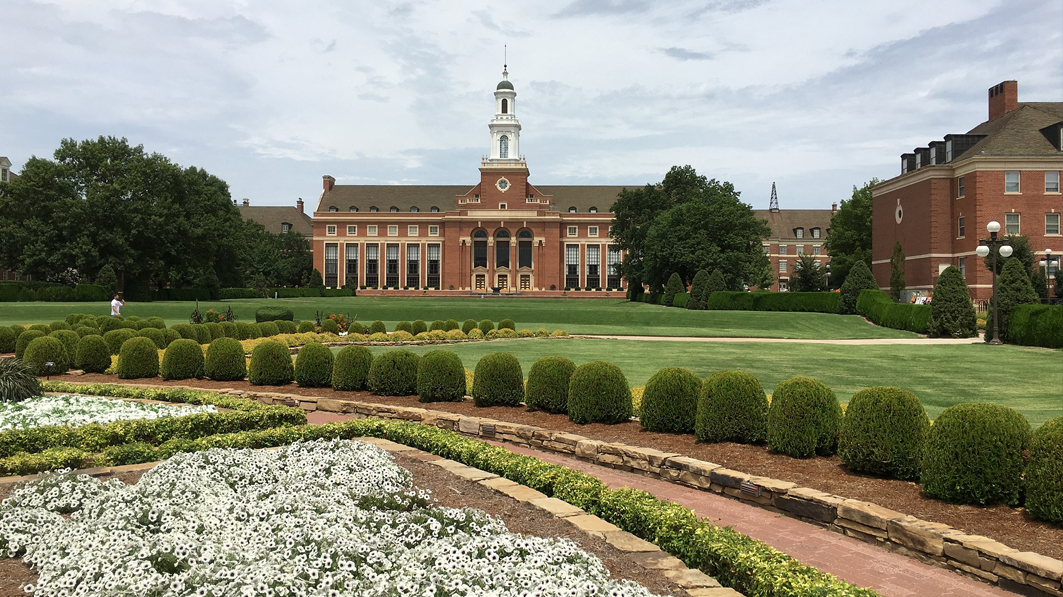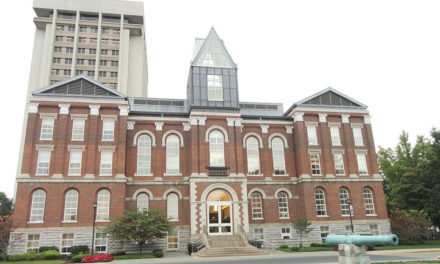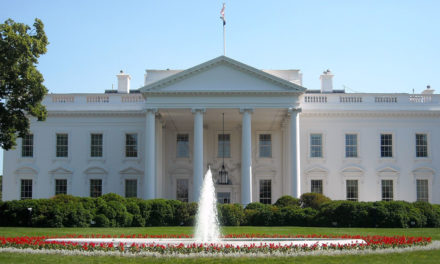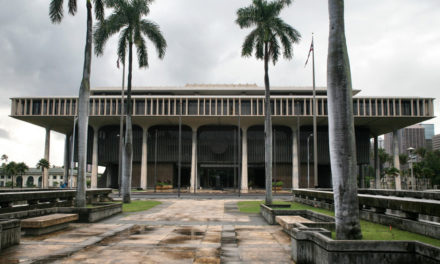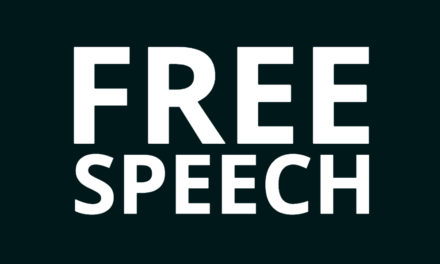The days of campus radicals disrupting or even preventing invited speakers from speaking by imposing a “heckler’s veto,” or timid university administrators shuttling unpopular speech off to a “free speech zone” on an untraveled part of campus, may soon be a thing of the past.
Oklahoma has joined a growing list of states whose legislatures are protecting campus free speech using model legislation from the Goldwater Institute. The model legislation not only sets forth basic rules universities must follow to guarantee free speech, but adds teeth to it for speakers whose rights have been violated.
The model legislation accomplishes several things:
- Creates an official university policy that strongly affirms the importance of free expression, nullifying any existing restrictive speech codes in the process.
- Prevents administrators from disinviting speakers, no matter how controversial, whom members of the campus community wish to hear from.
- Establishes a system of disciplinary sanctions for students and anyone else who interferes with the free-speech rights of others.
- Allows persons whose free-speech rights have been improperly infringed by the university to recover court costs and attorney’s fees.
- Reaffirms that universities ought to officially remain neutral on issues of public controversy to encourage the widest possible range of opinion and dialogue.
- It ensures that students will be informed of the official policy on free expression.
- It authorizes a special subcommittee of the university board of trustees to issue a yearly report to the public, the trustees, the governor, and the legislature on the administrative handling of free-speech issues.
State legislatures, of course, are free to accept or reject any of the provisions of the model legislation, but it’s obvious that the entire package offers enforceable guarantees of free speech as well as a high degree of accountability for universities.
This year alone, Kentucky and Iowa have each enacted campus free speech laws. Texas is on the cusp of passing one. These laws typically cover only state-run universities, as the government’s reach into campus policies on free speech does not extend to private schools.
Even better news may be coming from the schools themselves, many of which have adopted the Chicago Statement, a 2014 University of Chicago policy that has been adopted by over 62 educational institutions to date, according to the Foundation for Individual Rights in Education. When schools like Princeton, Purdue, Columbia, Georgetown and others take the voluntary step of adopting the Chicago Statement, it sends a strong message to students, faculty and administrators that free speech reaffirms a core purpose of the university—to provide a place for the free interchange of competing ideas.
After all, how can you test the value of an idea unless you hear it? As Richard Branson says, “Ideas are responsible for the progression and prosperity of humans—without them we would still be living in prehistoric times. No idea is too small, and all sorts of ideas have potential to change the world as we know it for the better.”

